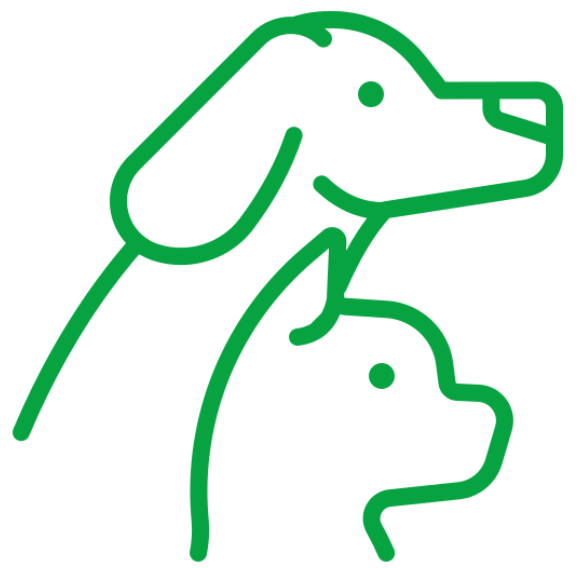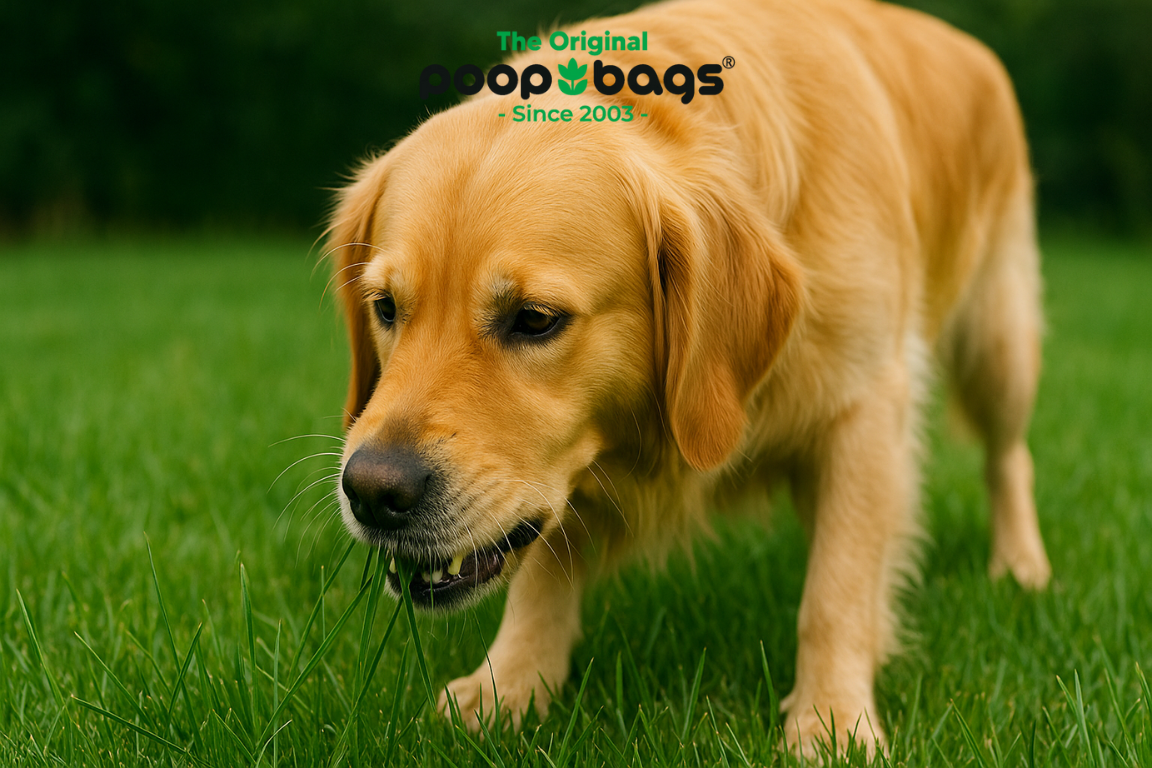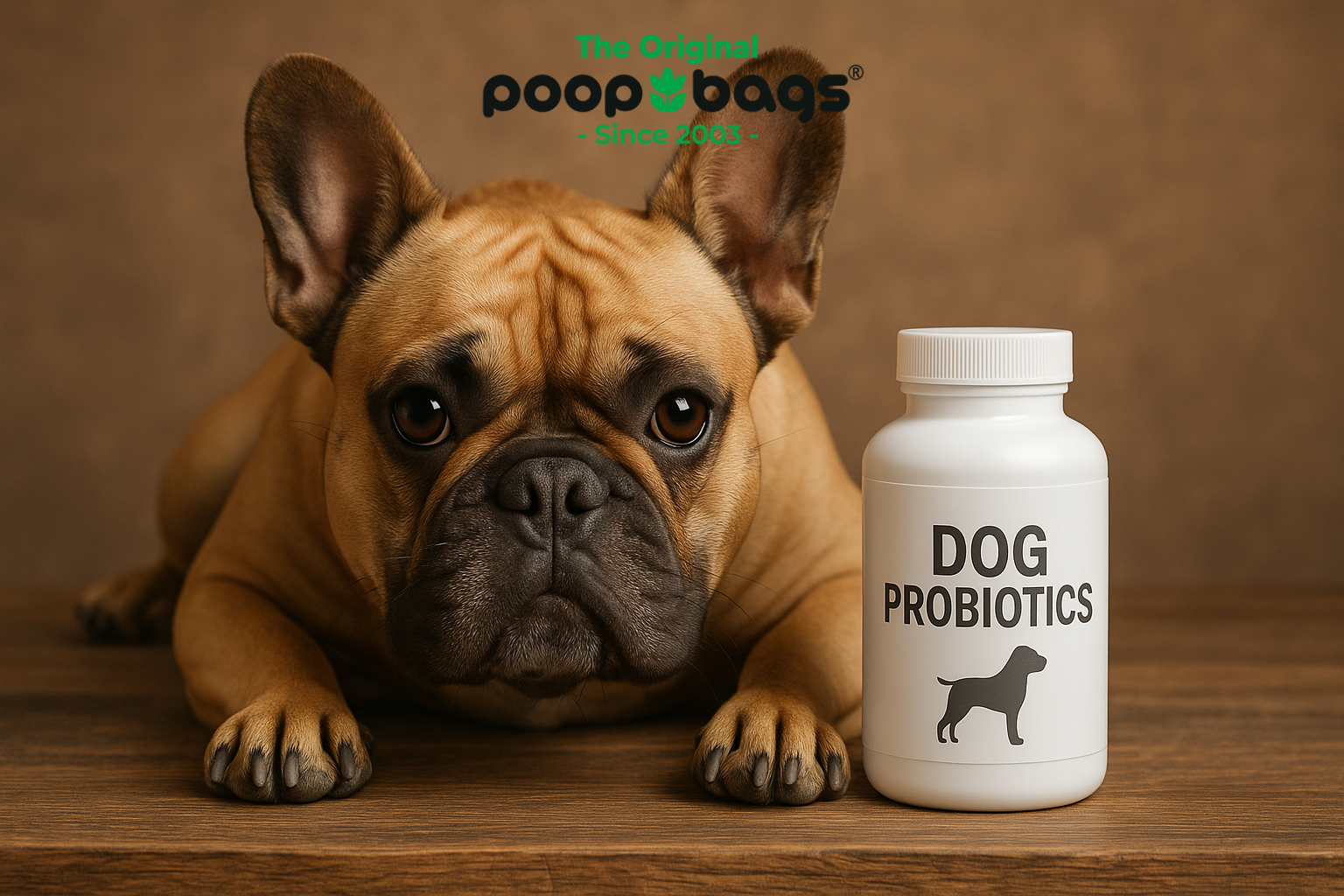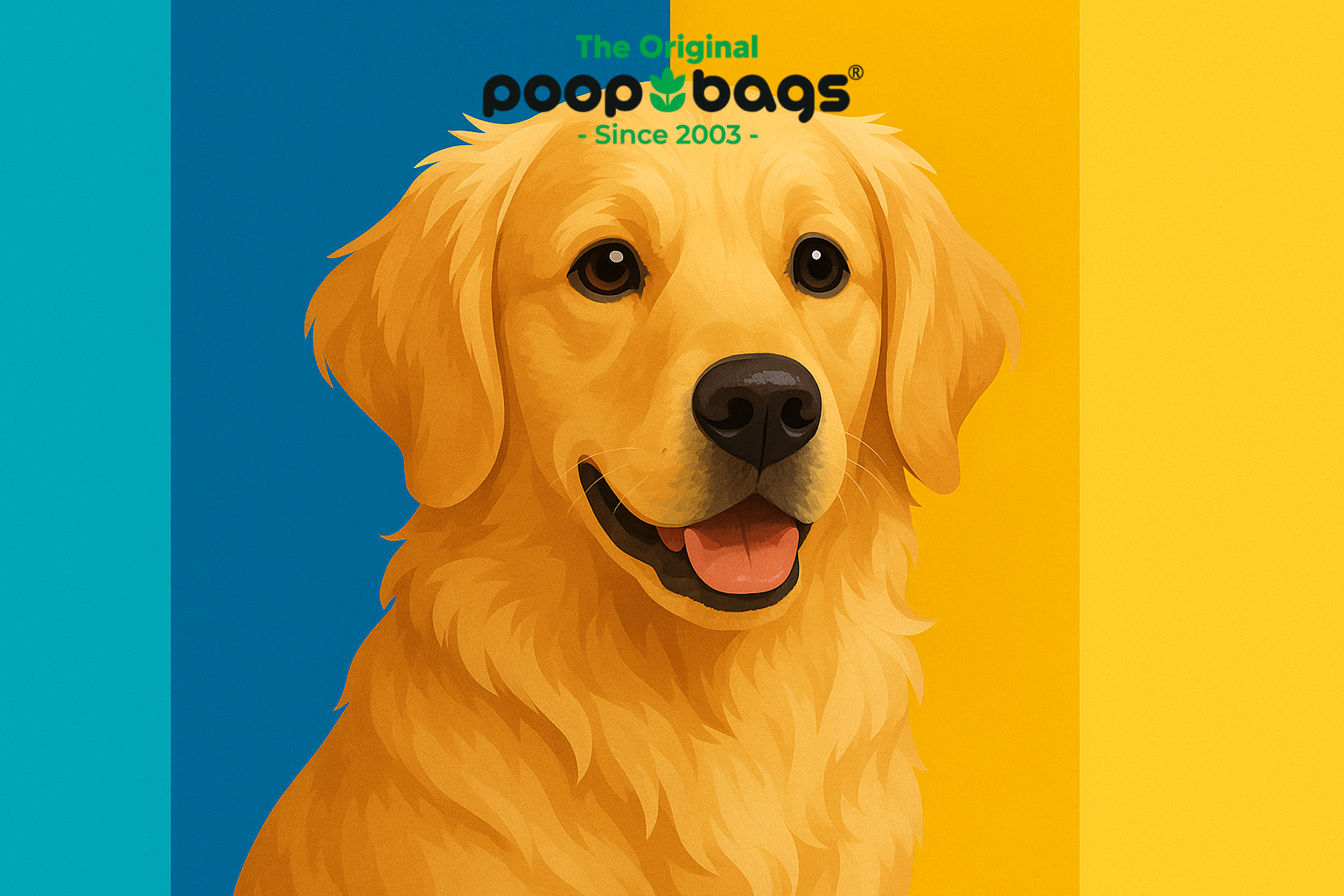As a dog owner, you're probably familiar with the eager, curious eyes of your furry friend every time you enjoy a snack. While some human foods are off-limits for dogs, you might wonder about fruits like oranges. Can dogs safely enjoy this juicy citrus treat? Let's explore the benefits, precautions, and best practices for feeding oranges to your canine companion.
SHOP OUR ORANGE SCENTED COUNTDOWN ROLLS POOP BAGS!

The Nutritional Benefits of Oranges for Dogs
Oranges are packed with nutrients that can be beneficial for dogs when given in moderation:
-
Vitamin C: Oranges are a rich source of vitamin C, which can boost your dog's immune system and overall health. Dogs produce their own vitamin C, but additional amounts from fruits can be helpful, especially for dogs under stress or with health issues.
-
Fiber: The fiber in oranges aids in digestion and helps maintain a healthy gastrointestinal tract.
-
Potassium: This essential mineral supports proper muscle function and heart health.
-
Low-Calorie Treat: Oranges can be a healthy, low-calorie treat alternative to commercial dog treats, which are often high in fats and artificial additives.
How to Safely Feed Oranges to Your Dog
While oranges can be a healthy snack, it's important to follow these guidelines to ensure your dog can safely enjoy them:
-
Moderation is Key: Oranges are high in natural sugars and acidity, which can lead to gastrointestinal upset if consumed in large quantities. Start with small pieces and monitor your dog's reaction.
-
Peel and Seeds: Always remove the peel and seeds before offering oranges to your dog. The peel is difficult for dogs to digest and can cause stomach upset, while the seeds may contain trace amounts of toxic compounds.
-
Watch for Reactions: Introduce oranges gradually. Observe your dog for any signs of discomfort, allergies, or digestive issues, such as vomiting or diarrhea. If you notice any adverse reactions, discontinue feeding oranges and consult your veterinarian.
-
Portion Control: Limit the amount of orange your dog eats. For small dogs, one or two segments are sufficient, while larger dogs might enjoy a few more.
ALSO SHOP OUR SNOOPY ORANGE SCENTED POOP BAGS

When to Avoid Feeding Oranges
Certain conditions and situations warrant avoiding oranges altogether:
-
Diabetic Dogs: The high sugar content in oranges can be problematic for dogs with diabetes, potentially causing spikes in blood sugar levels.
-
Overweight Dogs: If your dog is overweight, it's best to limit sugary treats, including fruits like oranges, to avoid adding unnecessary calories to their diet.
-
Sensitive Stomachs: Some dogs have sensitive digestive systems and may not tolerate the acidity of oranges well.
Creative Ways to Serve Oranges
If your dog enjoys the taste of oranges, you can incorporate them into their diet in fun and creative ways:
-
Frozen Orange Segments: Freeze small segments of orange for a refreshing, hydrating treat on a hot day.
-
Orange-Infused Water: Add a couple of orange slices to your dog's water bowl for a hint of citrus flavor. Ensure the slices are removed before they become too soggy.
-
Orange and Yogurt Popsicles: Blend orange segments with plain, unsweetened yogurt and freeze in ice cube trays for a delicious and nutritious treat.
-
Mix with Regular Food: Add a few small pieces of orange to your dog's regular meal to enhance flavor and nutrition.
Conclusion
Oranges can be a delightful and nutritious treat for dogs when served appropriately. As with any new food, moderation and observation are crucial. Start with small amounts, remove peels and seeds, and watch for any adverse reactions. By following these guidelines, you can safely add a burst of citrus to your dog's diet, contributing to their health and happiness.
Remember, if you have any concerns about your dog's diet or introducing new foods, it's always best to consult with your veterinarian for personalized advice. Happy snacking!






